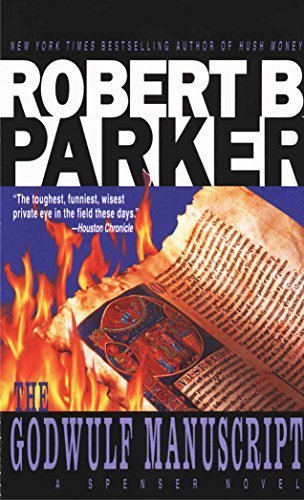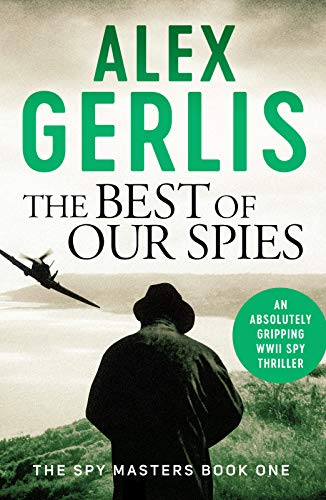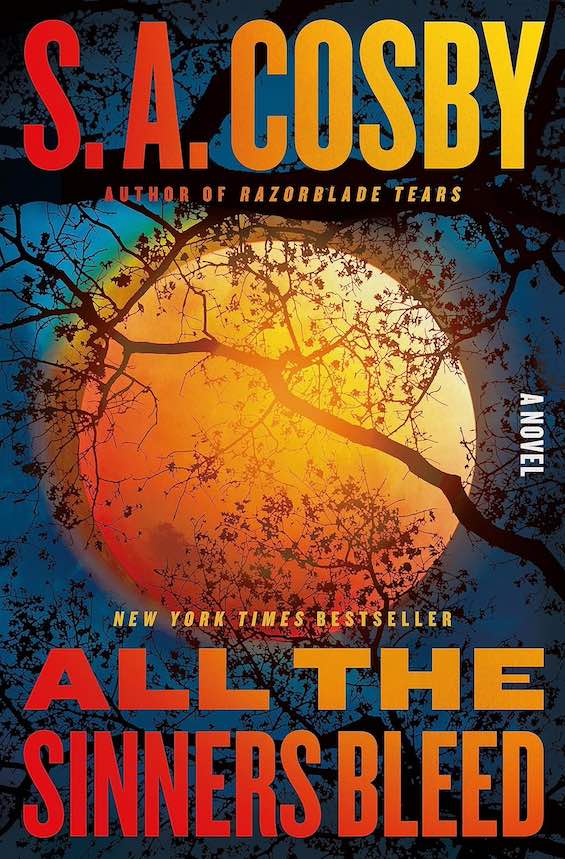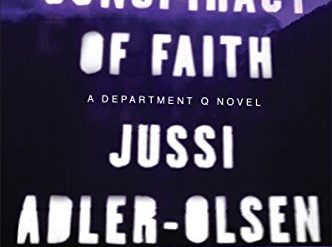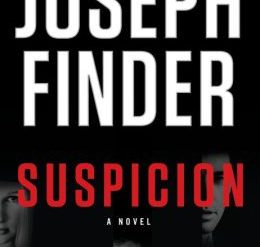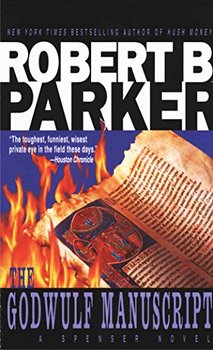
When you think about private eyes, who comes to mind? Sherlock Holmes, of course. Sam Spade or Philip Marlowe, perhaps. But surely, if you’re a fan of mysteries and thrillers, you’ll conjure up Spenser as well. The protagonist of forty novels by the late, great Robert B. Parker (1932-2010), Spenser was the bane of the Mob and other assorted miscreants in Boston from 1973 to 2019. And the whole saga started with The Godwulf Manuscript in 1973.
Estimated reading time: 3 minutes
The “Dean of American Crime Fiction” celebrated diversity
One of the hallmarks of the Spenser novels is the inclusion of a diverse cast of characters. In the course of the series, you’ll find characters including Hawk and Chollo, African-American and Mexican-American, respectively, as well as Spenser’s Jewish girlfriend, Susan [Silverman], various Russians, Ukrainians, Chinese, a gay cop, Lee Farrell, and even a gay mob boss, Gino Fish. But none of these characters surface in The Godwulf Manuscript, which is largely confined to the campus of a large urban university (probably the University of Massachusetts, Boston).
The Godwulf Manuscript (Spenser #1) by Robert B. Parker (1973) 210 pages ★★★★☆
A missing medieval manuscript and a radical student group
Spenser’s assignment from the stuffed-shirt university president, Bradford W. Forbes, is to recover a precious medieval manuscript that has gone missing from the campus library. The president assumes that a ransom letter for $100,000 has come from a radical student group, but Spenser has his doubts. And when one of the students who is reputed to be a leader in the most suspicious of those student organizations turns up dead, Spenser has good reason to believe that forces originating off-campus may well be to blame.
Domestic terrorism in the 1970s
If you read this novel, keep in mind that it was published in 1973, when domestic terrorism was widespread in America. The Weather Underground, the New World Liberation Front, and the Symbionese Liberation Army collectively set off hundreds of bombs in the 1970s. As TIME Magazine notes, “In a single eighteen-month period during 1971 and 1972 the FBI counted an amazing 2,500 bombings on American soil, almost five a day.” So, for a university president to suspect a student group of nabbing a priceless manuscript — or for readers to believe the claim — was by no means far-fetched.
Spenser “with an ‘s’ like the English poet”
Spenser — “with an ‘s’ like the English poet” — is a wise-guy. To my mind, that’s one of the great attractions of this novel and the series as a whole. Parker’s snappy dialogue is a joy to read. If you’ve ever wanted to sound off at some stupid bureaucrat or nasty customer, you’ll find it very satisfying to observe how Spenser puts people in their place.
A worthy debut for the “Dean of American Crime Fiction”
Fair warning: The Godwulf Manuscript is no academic exercise, and Spenser is no shrinking violet. Ultimately, the novel drags in “organized crime, dope peddling, theft, radical politics, adultery, and murder.” And it’s a worthy debut for what so justly became a venerable series, leading some critics to term Parker the “Dean of American Crime Fiction.”
For related reading
You might also enjoy my posts:
- Top 10 mystery and thriller series
- 20 excellent standalone mysteries and thrillers
- 30 outstanding detective series from around the world
- Top 20 suspenseful detective novels
- 5 top novels about private detectives
- Top 10 historical mysteries and thrillers
And you can always find my most popular reviews, and the most recent ones, on the Home Page.

